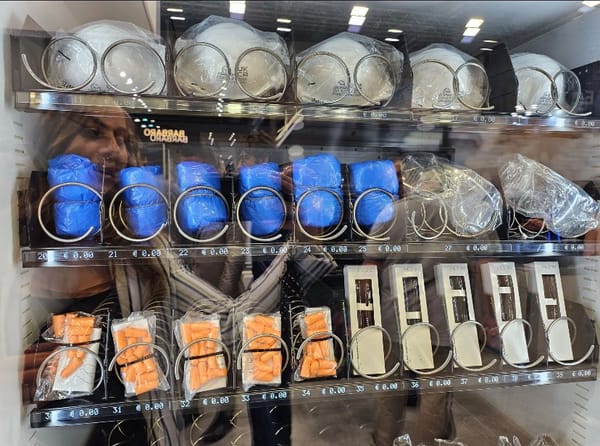The Role of FDI in Balkan Economic Transformation

Foreign Direct Investment (FDI) has played a pivotal role in driving economic transformation and growth in the Balkans, a region historically marked by political instability and economic challenges. With countries like Serbia, Albania, North Macedonia, and Bosnia and Herzegovina, the Balkans have emerged as attractive investment destinations for multinational corporations seeking new markets, resources, and opportunities.
Government initiatives have been instrumental in attracting FDI and fostering a conducive business environment in the Balkans. For example, Serbia's "National Investment Plan" aims to promote foreign investment, stimulate economic growth, and create jobs through targeted incentives and streamlined administrative procedures. Similarly, Albania's "Investment Law" offers favorable terms and incentives to foreign investors, including tax breaks, customs exemptions, and land lease options. These initiatives demonstrate the commitment of Balkan governments to attracting FDI and leveraging external capital to drive economic development.
Since 2010, the Balkans have witnessed significant FDI inflows across various sectors, including manufacturing, services, energy, and infrastructure. One notable example is the automotive industry, with multinational corporations like Fiat Chrysler Automobiles (FCA) investing in production facilities in countries like Serbia. FCA's investment in the Fiat 500L production plant in Kragujevac, Serbia, has created thousands of jobs and contributed to the development of the local automotive supply chain. The success of FCA's operations in Serbia highlights the region's potential as a manufacturing hub and the importance of FDI in driving industrial growth.
Furthermore, FDI has played a crucial role in the development of the energy sector in the Balkans, particularly in renewable energy projects. Companies like Enel Green Power, a global renewable energy developer, have invested in wind, solar, and hydropower projects across the region. In countries like Albania and North Macedonia, Enel Green Power has developed and operated wind farms and solar parks, contributing to the diversification of the energy mix and reducing reliance on fossil fuels. With its expertise in renewable energy development and commitment to sustainability, Enel Green Power is driving the transition towards a cleaner and more sustainable energy future in the Balkans.
In addition to traditional sectors, FDI has also fueled growth and innovation in the services sector, particularly in finance, telecommunications, and technology. Companies like Telekom Austria Group, operating through its subsidiary A1 Telekom Austria, have made significant investments in telecommunications infrastructure and digital services in countries like Serbia and North Macedonia. With a focus on expanding network coverage, improving service quality, and introducing innovative products, A1 Telekom Austria is driving digital inclusion and economic development in the Balkans. Moreover, fintech companies like Revolut and Telenor Bank are leveraging FDI to disrupt traditional banking models and offer innovative financial products and services to consumers and businesses in the region.
In conclusion, FDI has been instrumental in driving economic transformation and growth in the Balkans, contributing to job creation, infrastructure development, and technological innovation. Government initiatives to attract and facilitate FDI, coupled with multinational corporations' investments across various sectors, have helped position the Balkans as a dynamic and attractive investment destination in Southeast Europe. As the region continues to integrate into global markets and harness its competitive advantages, FDI will remain a key driver of economic development and prosperity in the Balkans for years to come.




